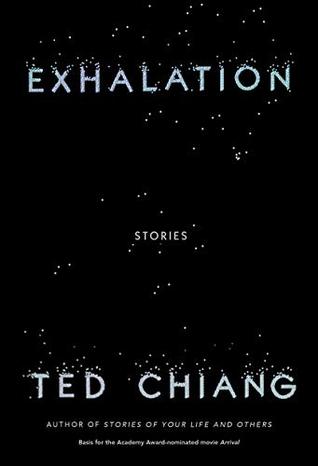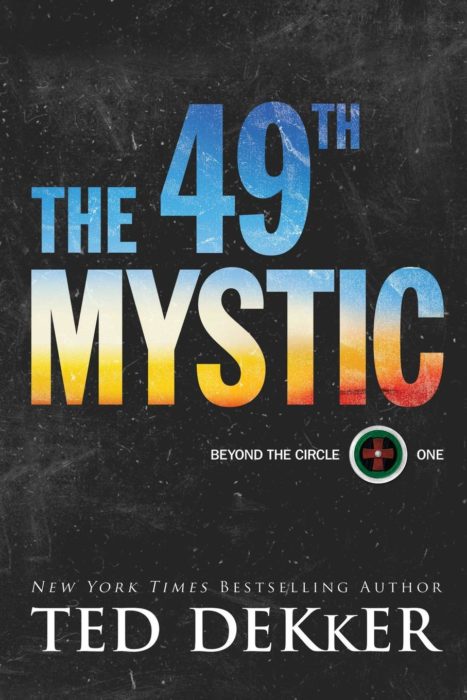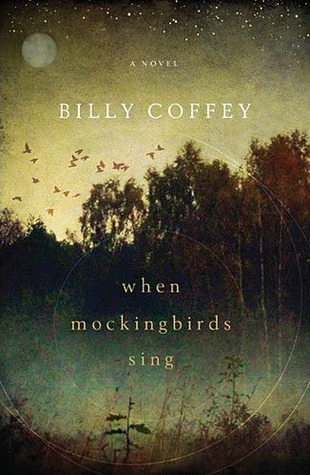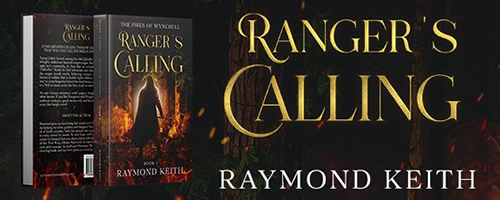Stories with Bad Ideas Can Still Help Us Grow
You may often hear people say they’re reading nonfiction books to learn something or grow in a particular area. But why do you rarely hear the same language about novels?
If story is indeed the sneakiest form of apologetics,1 why wouldn’t you read a novel to learn and grow from it? Over the years I’ve read a lot of stories that stretched me and forced me to think and grow. Some of these books I’m about to discuss are not Christian books, and several I wouldn’t recommend to anyone. But that doesn’t change the fact that they helped me grow.
1. Ayn Rand’s Anthem
Let’s start with a doozy. Years ago, my sister-in-law wanted me to read Anthem by Ayn Rand.2 She had read it for a class, so one afternoon while I visited her, I powered through the book. It’s a brilliantly written novella about a world where all individuality has been eliminated. Rand’s story is largely told by a single narrator using plural pronouns, a narrative device that hooks you from the first sentence.
At the time I knew next to nothing about Ayn Rand, but I had a growing sense of dread and disgust as the story progressed. When I got to the last line, I shuddered:
“The word which can never die on this earth, for it is the heart of it and the meaning and the glory. The sacred word: EGO.”
Ego is a sacred word? The whole story horrified me and sent me down a rabbit hole researching theology, community versus personal autonomy, and economic policy. Some of my political opinions changed because seeing them writ large in fiction, in all their ugliness, made me realize they weren’t compatible with Scripture.
Ayn Rand likely intended for readers to react very differently to her work, but hers isn’t the only story that affected me differently than the author probably expected.
 2. Ted Chiang’s short story ‘Omphalos’
2. Ted Chiang’s short story ‘Omphalos’
In 2015 before the movie Arrival came out, I read Ted Chiang’s short story, “Story of Your Life” (because I have a thing about not seeing a movie until I read the book).
From the first paragraph, I was hooked.
Later I borrowed his two short story collections from the library. They are not what you’d call easy reading. Chiang is a technical writer in his day job, and this shows in his prose. His work is crisp but complex and even the wackiest concepts give you something to ponder.
One of my favorite Chiang short stories is “Omphalos.” This story is told by an archaeologist in an alternate universe that has direct archeological evidence for Young Earth creationism, such as mummies without belly buttons.3 It made me think through my beliefs about the age of the earth in a way that Answers in Genesis, Biologos, and Reasonable Faith never could. Every story from both of Chiang’s short story collections challenged me, but “Omphalos” proved unforgettable.
 3. Ted Dekker’s The 49th Mystic
3. Ted Dekker’s The 49th Mystic
Both of the previous authors are not Christians. Sometimes, however, I read Christian fiction I don’t agree with, and it challenges me just as much.
Last year I read The 49th Mystic by Ted Dekker because I read another author—wise sage and fellow Lorehaven writer Mike Duran—sharing concerns about the book. I wanted to know for myself if they were true.4 Dekker sets his story in the world of his Circle series, but Mystic delves into new ideas I hadn’t seen in the original books Black, Red, and White.
As the title suggests, the novel spends significant time discussing “Christian Mysticism.” Someday I may review The 49th Mystic and discuss its issues with it in detail. For now, I’ll say it was very helpful to read the book and take notes about where and how I disagreed with Dekker’s premises. His novel made me think about my beliefs about the supernatural, inerrancy, and the sufficiency of Scripture, and it changed my view on how discussions of doctrine should translate into fiction.
 4. Billy Coffey’s When Mockingbirds Sing
4. Billy Coffey’s When Mockingbirds Sing
Finally, last year I discovered Billy Coffey. I don’t usually read stories in magical realism or Southern gothic genres, but I got a three-book Kindle bundle on sale during lockdown with nothing new to read.
I had no idea how much Coffey’s work would affect me.
When Mockingbirds Sing introduces readers to Little Leah, who sees the Rainbow Man, a vaguely angelic being who tells her things she shouldn’t know, and what she hears changes everyone around her in darkly beautiful ways. Her story is one of the most beautiful, heartbreaking, and faith-affirming books I’ve read in a long time.
Coffey has a way of leading you through the raw, ugly places in the human heart, dragging you through darkness and unanswered questions until you can take no more. Then he taps you on the shoulder to show you the sun is coming up and somehow you’ve made it home. In this and Coffey’s other books, the relentless presence of Providence planted a trust in God’s sovereignty deeper in my heart than all the sermons I’ve ever heard. The next time someone asks you for a suggestion for a good self-help book, hand them a Billy Coffey novel.
What stories have stretched you or given you a new perspective?
- See “To Shape A Story is to Shape a Soul,” L. G. McCary, Jan. 18, 2021. ↩
- Anthem is available for free at Project Gutenberg. I don’t recommend it, but it’s there. ↩
- “Omphalos” is available in Ted Chiang’s story collection, Exhalation. ↩
- See Mike Duran’s article breaking down Dekker’s ideas at “The Dangers of Christian Mysticism,” Nov. 27, 2017. ↩


































I love Billy Coffey.
Me too! I count him as one of my biggest influences as an author now, and I’m slowly buying every book he’s ever published. He has one of the strongest voices in Christian fiction, in my humble opinion.
Okay I read the Ted Chiang, but honestly the short about digients messed me up more than Omphalos.
As cliche as it sounds, Anthem makes more sense in context—Ayn Rand was a survivor of communism-in-practice, wherein you were supposed to be just a cog in the machine, hence the borderline worship of the individuality we take for granted.